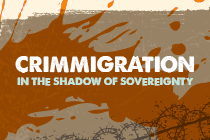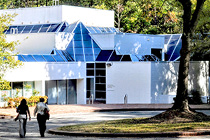WHAT:
Future STEM Leaders is an event that will bring together national experts from academia, government and industry to discuss the future of graduate training in STEM fields (and beyond). The focus of this meeting, co-sponsored by the National Science Foundation and the University of Maryland, is on the changing demands of STEM research and careers, the most promising innovations in training that have emerged in leading programs around the country, and the challenges of scaling up these innovations to transform graduate education across institutions and disciplines.
AGENDA HIGHLIGHTS:
Future STEM Leaders will take place on Wednesday, May 4th, from 8:30 a.m. - 4:30 p.m. at the Ronald Reagan Building and International Trade Center in Washington, D.C.
- 9 a.m. - 10:30 a.m. Building the Perfect PhD: What is needed, and why?
- 10:30 a.m. - noon State-of-the-Science: Innovators and innovations in STEM graduate training
- Noon - 1:30 p.m. Lunch and showcase of initiatives and programs
- 1:30 - 3 p.m. What are we Waiting for: Removing barriers to change
- 3 - 4:30 p.m. Taking Action: Translating good ideas into policy and best practices
- For more details on sessions and speakers as well as information on directions and parking, please visit our website futurestemleaders.com.
FEATURED PANELISTS:
Greg Ball, Dean, College of Behavioral and Social Sciences, University of Maryland
Mark Connolly, Associate Research Scientist & Principal Investigator, Wisconsin Center for Education Research
Bonnie Thornton Dill, Dean, College of Arts & Humanities, University of Maryland
Dean Evasius, Senior Advisor for Science/Head of Multidisciplinary Activities, MPS, National Science Foundation
Jessica Faupel-Badger, Director, NIGMS Postdoctoral Research Associate (PRAT) Program, NIH
Norberto Grzywacz, Dean, Graduate School, Georgetown University
Rebecca Haacker, Director of Advanced Study Program, National Center for Atmospheric Research
Wolfgang Losert, Interim Associate Dean for Research, College of Computer, Mathematical, and Natural Sciences, University of Maryland
Aisha Morris, Program Director, RESESS Internship, UNAVCO
Thomas Rudin, Director, Board on Higher Education and Workforce (BHEW), National Academies of Sciences, Engineering, and Medicine
Dahlia Sokolov, Director, Subcommittee on Research & Technology, U.S. House Committee on Space, Science, and Technology
Richard Spinrad, Senior Scientist, National Oceanic and Atmospheric Administration
Richard Tankersley, Program Director, NSF Research Traineeship (NRT), National Science Foundation
Lois Trautvetter, Director, Higher Education Administration and Policy Program , Northwestern University
PARTICIPATING ORGANIZATIONS:
American Association for the Advancement of Science
American Association of Medical Colleges
American Educational Research Association
American Mathematical Society
American Psychological Association
Association of American Universities
Burroughs Wellcome Fund
Coalition for National Science Funding
Colorado State University
Computing Research Association
Council of Graduate Schools
Duke University
Elsevier
Georgetown University
George Washington University
Georgia Tech
Howard Hughes Medical Institute
U.S. House Science Committee
Iowa State University
Linguistic Society of America
Massachusetts Institute of Technology
The National Academies
National Center for Atmospheric Research
National Institutes of Health
National Oceanic and Atmospheric Administration
National Science Foundation
Northwestern University
The Ohio State University
Oregon State University
Penn State University
Society for Neuroscience
STEM Education Coalition
Syracuse University
Texas A&M University
UNAVCO
University Industry Demonstration Partnership
University of California, Berkeley
University of Connecticut
University of Georgia
University of Maryland
University of Massachusetts, Amherst
University of Oklahoma
University of Rochester
University of Southern Mississippi
University of Wisconsin
U.S. Department of Agriculture
U.S. Department of Transportation
Virginia Tech
MEDIA:
Media coverage of the event and all sessions is welcome. Please email Colin Phillips, director of the Maryland Language Science Center at the University of Maryland, at colin@umd.edu.
Twitter:
● Future STEM Leaders: #futureSTEM
● Maryland Language Science Center: @UMD_LSC
● National Science Foundation: @NSF
● University of Maryland: @UofMaryland
ABOUT THE NATIONAL SCIENCE FOUNDATION:
The National Science Foundation (NSF) is an independent federal agency created by Congress in 1950 "to promote the progress of science; to advance the national health, prosperity, and welfare; to secure the national defense…" NSF fulfills its mission mainly through grants awarded to fund specific research proposals from individuals or small groups of investigators to support research centers, instruments, and facilities that allow scientists, engineers, and students to work at the outermost frontiers of knowledge.
NSF's goals--discovery, learning, research infrastructure and stewardship--provide an integrated strategy to advance the frontiers of knowledge and cultivate a world-class, broadly inclusive science and engineering workforce. It aims to expand the scientific literacy of all citizens, build the nation's research capability through investments in advanced instrumentation and facilities, and support excellence in science and engineering research and education through a capable and responsive organization. NSF is "where discoveries begin."
ABOUT THE MARYLAND LANGUAGE SCIENCE CENTER:
Established in 2013, the University of Maryland’s Language Science Center (LSC) is the home of a university-wide initiative to advance language science. LSC aims to raise the profile of language as a critical research area, build connections between researchers, disciplines and institutions that support innovation in research and education, and to improve awareness and public understanding of language issues and the need for language-related policy decisions to be scientifically informed.
The Maryland Language Science Center connects expertise, ideas and creativity in fields ranging from social and biological sciences, computer science and engineering, to humanities, education, and clinical fields such as hearing science and speech pathology. Our research addresses broad questions connecting fundamental science to applications in education, technology, and health.
ABOUT THE UNIVERSITY OF MARYLAND:
The University of Maryland is the state's flagship university and one of the nation's preeminent public research universities. A global leader in research, entrepreneurship and innovation, the university is home to more than 37,000 students, 9,000 faculty and staff, and 250 academic programs. Its faculty includes three Nobel laureates, three Pulitzer Prize winners, 47 members of the national academies and scores of Fulbright scholars. The institution has a $1.8 billion operating budget, secures $500 million annually in external research funding and recently completed a $1 billion fundraising campaign. For more information about the University of Maryland, visit www.umd.edu.

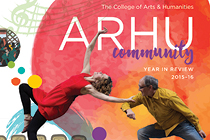
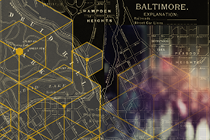


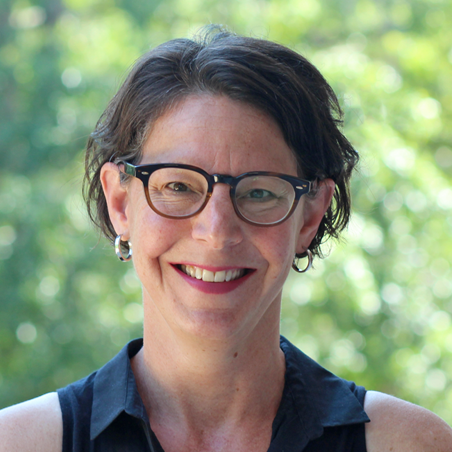 Amanda Bailey is serving as chair of the Department of English, effective July 1, 2016.
Amanda Bailey is serving as chair of the Department of English, effective July 1, 2016.
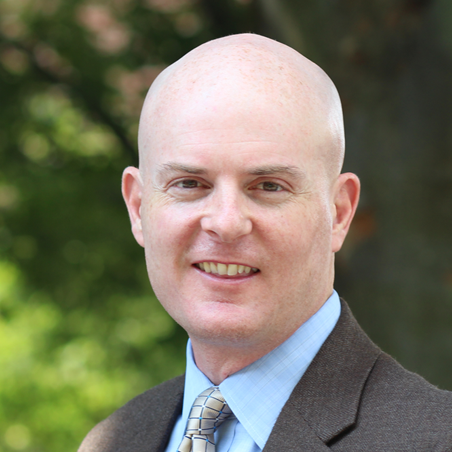 David Ellis is serving as executive director of the National Foreign Language Center (NFLC), effective September 7, 2016.
David Ellis is serving as executive director of the National Foreign Language Center (NFLC), effective September 7, 2016.
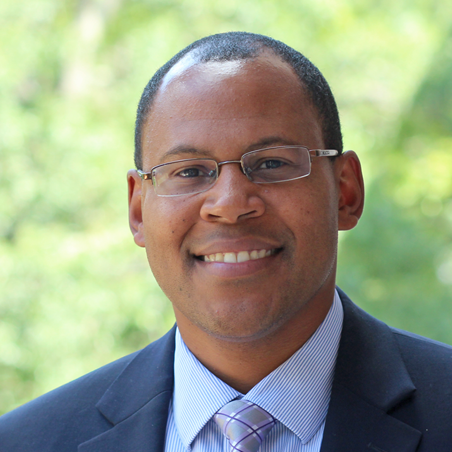 Jason Geary is serving as director of the School of Music, effective July 1, 2016.
Jason Geary is serving as director of the School of Music, effective July 1, 2016.
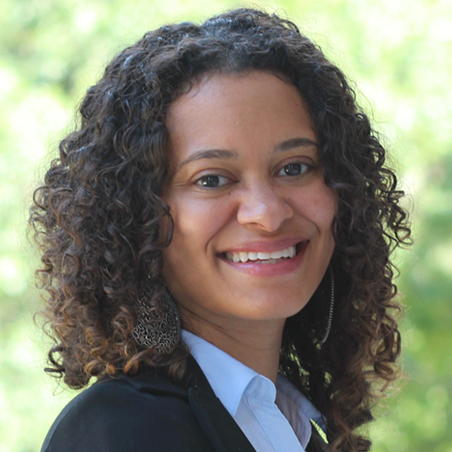 Catherine Knight Steele is serving as the inaugural director of the Andrew W. Mellon Foundation funded “Synergies Among Digital Humanities and African American History and Culture” initiative, effective August 15, 2016.
Catherine Knight Steele is serving as the inaugural director of the Andrew W. Mellon Foundation funded “Synergies Among Digital Humanities and African American History and Culture” initiative, effective August 15, 2016.
